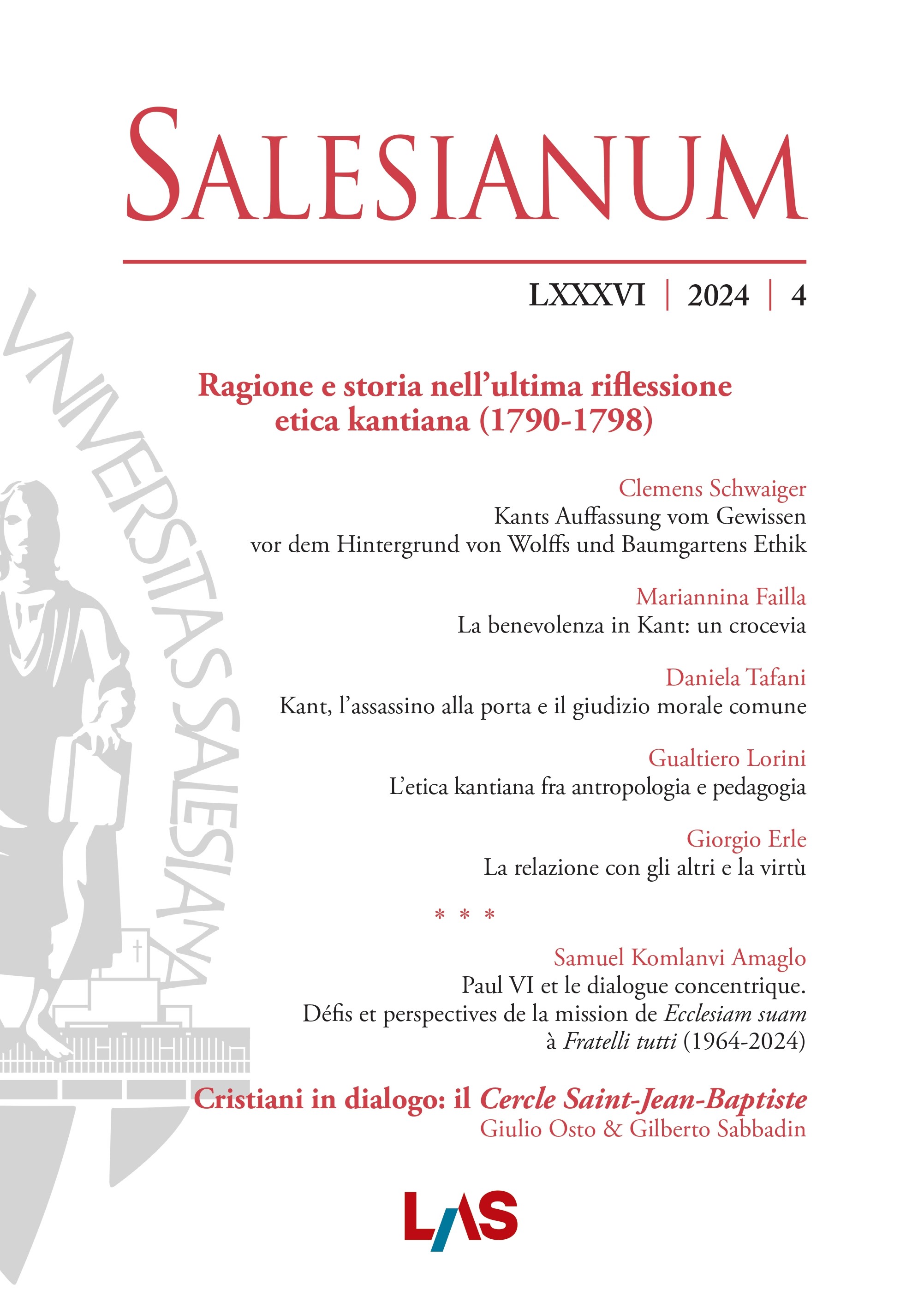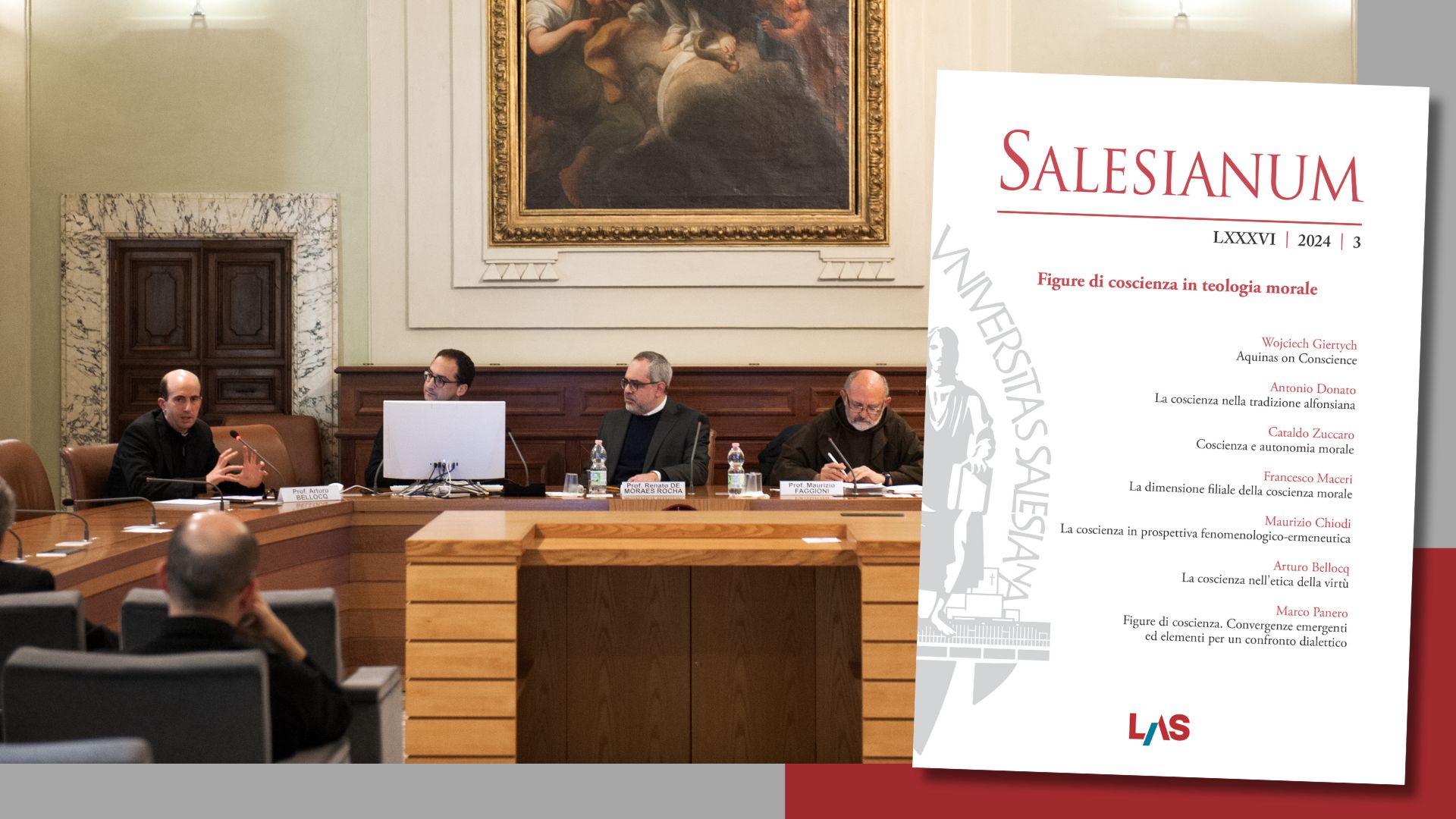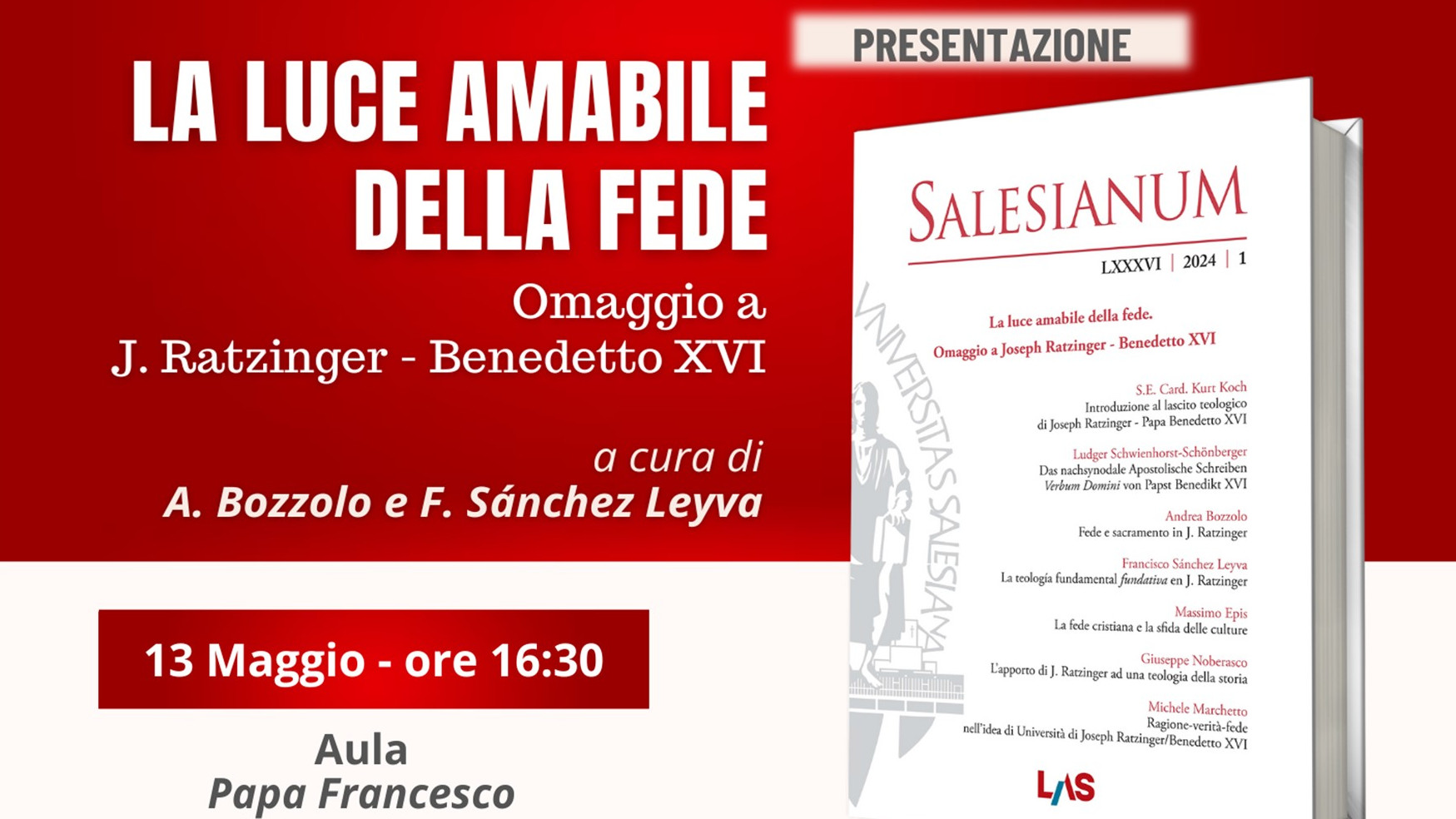John Stuart Mill and John Dewey: Individuality, Emotions, and Society
Salesianum vol. 86 (2024) n. 2, 348-357
Sezione: Commentaria
Ricevuto: 04-12-2023 - Approvato: 25-01-2024
Sommario
This paper aims to contribute to the present philosophical debate on the emotions, connecting John Stuart Mill and John Dewey. Despite the different historical and theoretical-epistemological background, their deep interest in democracy is an important point of contact between them. Particularly, for both the thinkers the affective and aesthetic sphere has a pivotal role in the development of the individual in a democratic society. The discourse firstly illustrates Dewey’s criticisms of Mill’s notion of individuality; it then briefly shows the role of emotions and sentiments in Mill’s political thought before, finally, comparing Mill’s and Dewey’s ideas of democracy. This comparison shows that if Dewey was right on the theoretical-epistemological (and even psychological) level, he was not on the empirical and practical one, because he and John Stuart Mill share, after all, the same ethos of democracy.
Parole chiave
Democracy | Emotion | Empiricism | Liberalism | Pragmatism


